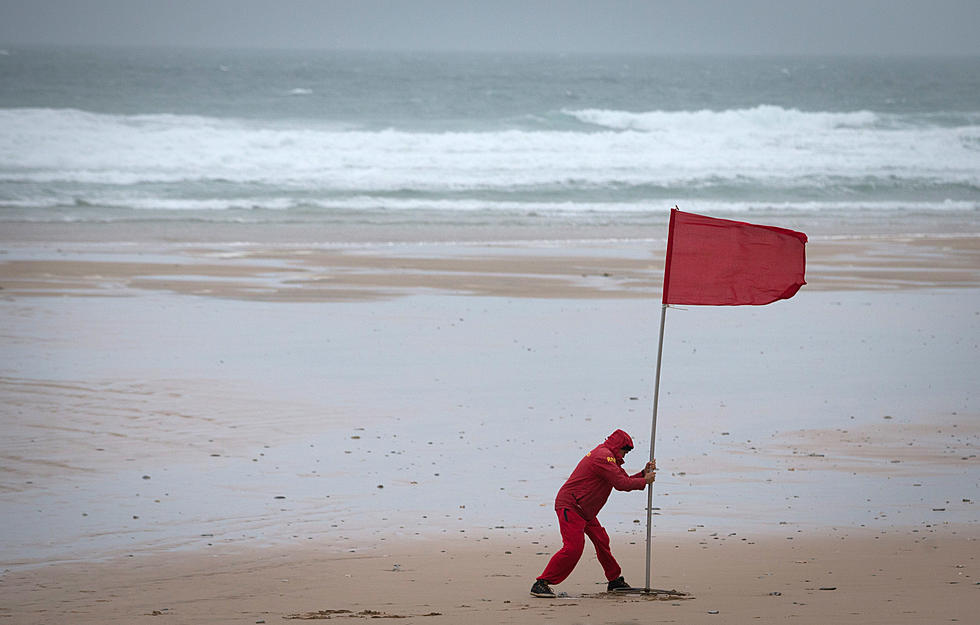
Gun Control Proposals & The Research
There is a lot of discussion today around either increasing or expanding the number of gun control laws we have on the books. So much so it is hard to remember what they all are and if there is any research behind them that prove they work or do not work.
I found a great article published in the Washington Free Beacon that not only identifies eight of the left’s biggest desires in gun control but also any research that has been performed concerning their effects. If you are interested in seeing the entire list of new or expanded laws by each Democratic Presidential Primary candidate the full list is here.
The eight the article dug deep into are:
- “assault weapons" ban
- universal background checks
- red flag laws
- "high-capacity" mag bans
- federal funding for gun research
- federal firearm licensing
- the "Charleston loophole"
- the "boyfriend loophole"
For example of the kind of great information found in the article let me focus on one of the eight and that is universal background checks. On that policy the Washington Free Beacon article stated:
Since 1993, federally licensed firearms dealers (FFLs) have been required to run a criminal background check on a would-be gun purchaser before completing the sale. Checks are processed through NICS, a federal database of individuals ineligible to purchase a gun by dint of criminal offense, and usually returned within minutes. Since its inception in 1998, NICS has been used more than 230 million times and led to some 1.3 million denials—though prosecutions of those who fail background checks are rare.
Under current federal law, those who are "in the business" of selling firearms—like those who operate gun stores or sell guns for a living—must obtain a Federal Firearms License. Those who are licensed must perform background checks on their customers regardless of the location a sale takes place—whether it’s at a gun store, online, or at a gun show. Additionally, only licensed individuals are able to sell new firearms and transfer guns purchased outside of the state they're located in. Sales on the used market between two unlicensed individuals who live in the same state are not regulated under federal law and the seller is therefore not required to obtain a background check on the buyer—though it remains illegal to for them to sell a gun to someone they believe is a prohibited person.
Currently, 14 states extend background check requirements to private sales of firearms as well.
Research indicates that background checks on net have a small but significant effect on gun crime. In its comprehensive review of the literature, the Rand Corporation found small but statistically significant effects on firearm suicide, although some share of the impact may be muted by an increase in other kinds of suicide. Rand also found that dealer background checks likely reduce firearm homicide, but no evidence that private-seller background checks have any effect.
There is similarly little evidence on how background checks affect mass shootings. Anecdotally, some number of mass shooters—like those at Sutherland Springs, Charleston, and Virginia Tech—acquired their guns after a background check, in spite of disqualifying conditions, an indication that the quality of a universal system is only as good as its underlying records.
The small effect size may in part be because most guns are not purchased from private dealers. A Harvard/Northeastern University survey found that 13 percent of gun owners who had purchased a firearm in the past two years had not needed a background check. Gun-crime offenders are especially unlikely to purchase their guns from either an FFL or private seller: Just 18 percent purchased their gun at all, with just 10.5 percent obtaining the gun from a pawn shop, flea market, gun show, or family/friend.
A lack of compliance also plays a role. Private, small sales are less likely to attract attention from regulators, meaning that the laws may not actually be observed. One study found that 25 percent of individuals who purchased firearms in California, a universal background check state, did not actually undergo a background check. Another study found that in the wake of their own universal laws, neither Colorado nor Washington state actually saw an increase in the number of background checks. A previous Free Beacon review of Colorado records found the number of background checks actually decreased—and at a faster rate than the national average—after the state's universal background check bill went into effect.
I would encourage you to click on this hyperlink and read more information on the seven other proposals they highlighted, the Washington Free Beacon did a great job attempting to fully inform us.
More From WKMI









